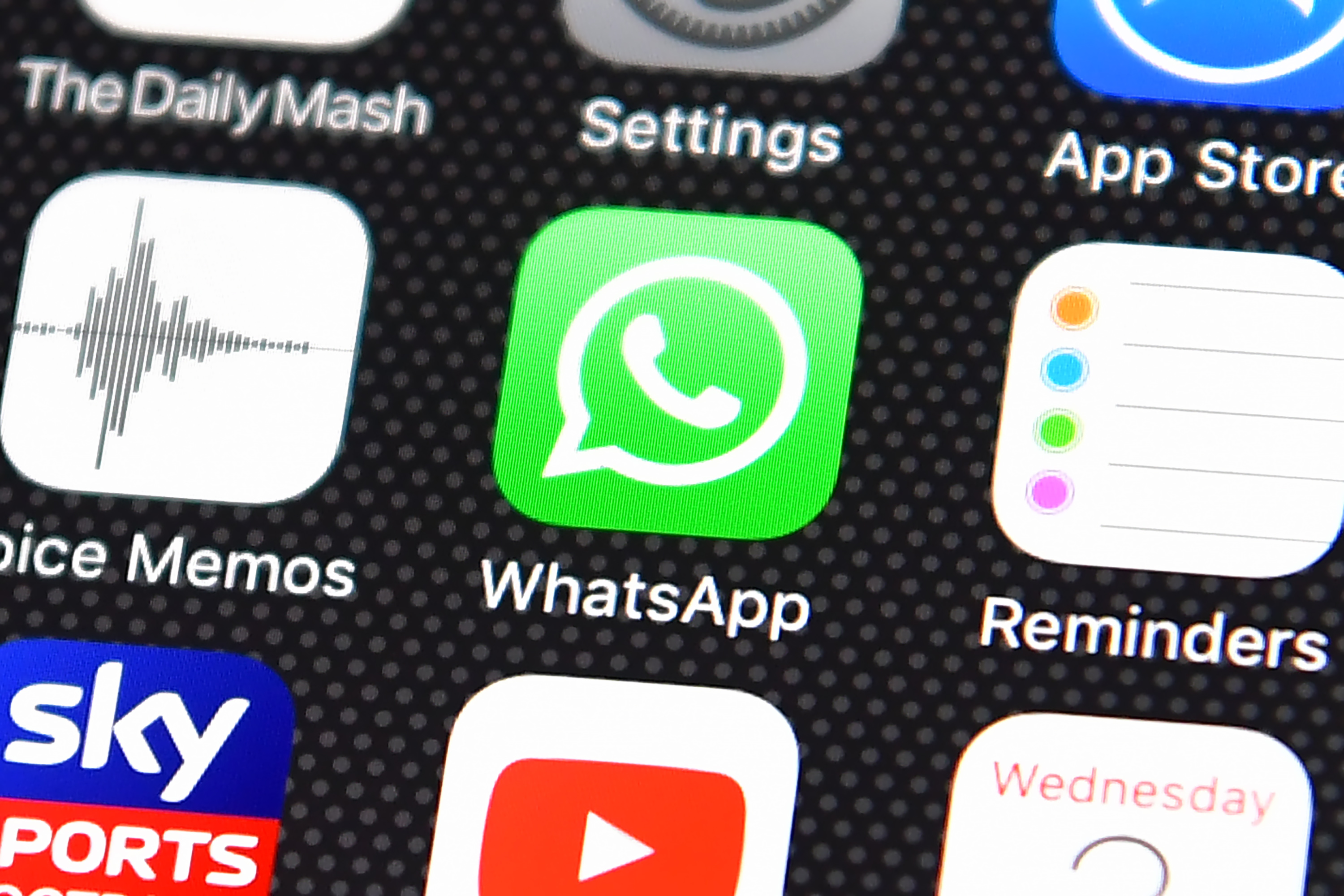WhatsApp to raise minimum age to 16 over new EU data laws
Facebook will also exclude children unless their parents vouch for them

A free daily email with the biggest news stories of the day – and the best features from TheWeek.com
You are now subscribed
Your newsletter sign-up was successful
Messaging service WhatsApp is increasing its minimum age requirement from 13 to 16 ahead of the introduction of strict new data laws across the EU.
The Facebook-owned app will prompt users to confirm they are 16 or older, as well as agree to new terms of service and privacy, “in the next few weeks”, The Independent reports.
However, it is not known how the messaging service will enforce the age limit, nor whether under-16s already using WhatsApp will be denied access following the new user policies.
The Week
Escape your echo chamber. Get the facts behind the news, plus analysis from multiple perspectives.

Sign up for The Week's Free Newsletters
From our morning news briefing to a weekly Good News Newsletter, get the best of The Week delivered directly to your inbox.
From our morning news briefing to a weekly Good News Newsletter, get the best of The Week delivered directly to your inbox.
The changes have been announced in the run-up to the launch of the EU’s General Data Protection Regulation (GDPR) laws, which gives people “more control over how companies use their information”, says the BBC.
Under the new legislation, which comes into effect from 25 May, people have the right to get any of their personal data stored by a company erased, and to prevent third parties from collecting information on children for marketing purposes.
WhatApp’s approach to the data protection laws differs from that of its parent company, says The Verge.
Facebook will instead ask users aged between 13 and 15 to “gain parental permission for sharing personal information on the platform”.
A free daily email with the biggest news stories of the day – and the best features from TheWeek.com
Those who fail to get permission from a guardian will be shown “a more generic version of Facebook” that is less reliant on personal data, the tech news site says.
CNBC reports that WhatsApp and Facebook will keep their current minimum age restrictions at 13 outside of the EU.
The broadcaster adds that some other tech companies, including Apple, will give all of their users, regardless of where they live, the same data rights.
-
 5 thoroughly redacted cartoons about Pam Bondi protecting predators
5 thoroughly redacted cartoons about Pam Bondi protecting predatorsCartoons Artists take on the real victim, types of protection, and more
-
 Palestine Action and the trouble with defining terrorism
Palestine Action and the trouble with defining terrorismIn the Spotlight The issues with proscribing the group ‘became apparent as soon as the police began putting it into practice’
-
 Why is the Trump administration talking about ‘Western civilization’?
Why is the Trump administration talking about ‘Western civilization’?Talking Points Rubio says Europe, US bonded by religion and ancestry
-
 Moltbook: The AI-only social network
Moltbook: The AI-only social networkFeature Bots interact on Moltbook like humans use Reddit
-
 Are Big Tech firms the new tobacco companies?
Are Big Tech firms the new tobacco companies?Today’s Big Question A trial will determine whether Meta and YouTube designed addictive products
-
 Is social media over?
Is social media over?Today’s Big Question We may look back on 2025 as the moment social media jumped the shark
-
 Australia’s teen social media ban takes effect
Australia’s teen social media ban takes effectSpeed Read Kids under age 16 are now barred from platforms including YouTube, TikTok, Instagram, Facebook, Snapchat and Reddit
-
 Trump allies reportedly poised to buy TikTok
Trump allies reportedly poised to buy TikTokSpeed Read Under the deal, U.S. companies would own about 80% of the company
-
 What an all-bot social network tells us about social media
What an all-bot social network tells us about social mediaUnder The Radar The experiment's findings 'didn't speak well of us'
-
 Broken brains: The social price of digital life
Broken brains: The social price of digital lifeFeature A new study shows that smartphones and streaming services may be fueling a sharp decline in responsibility and reliability in adults
-
 Supreme Court allows social media age check law
Supreme Court allows social media age check lawSpeed Read The court refused to intervene in a decision that affirmed a Mississippi law requiring social media users to verify their ages